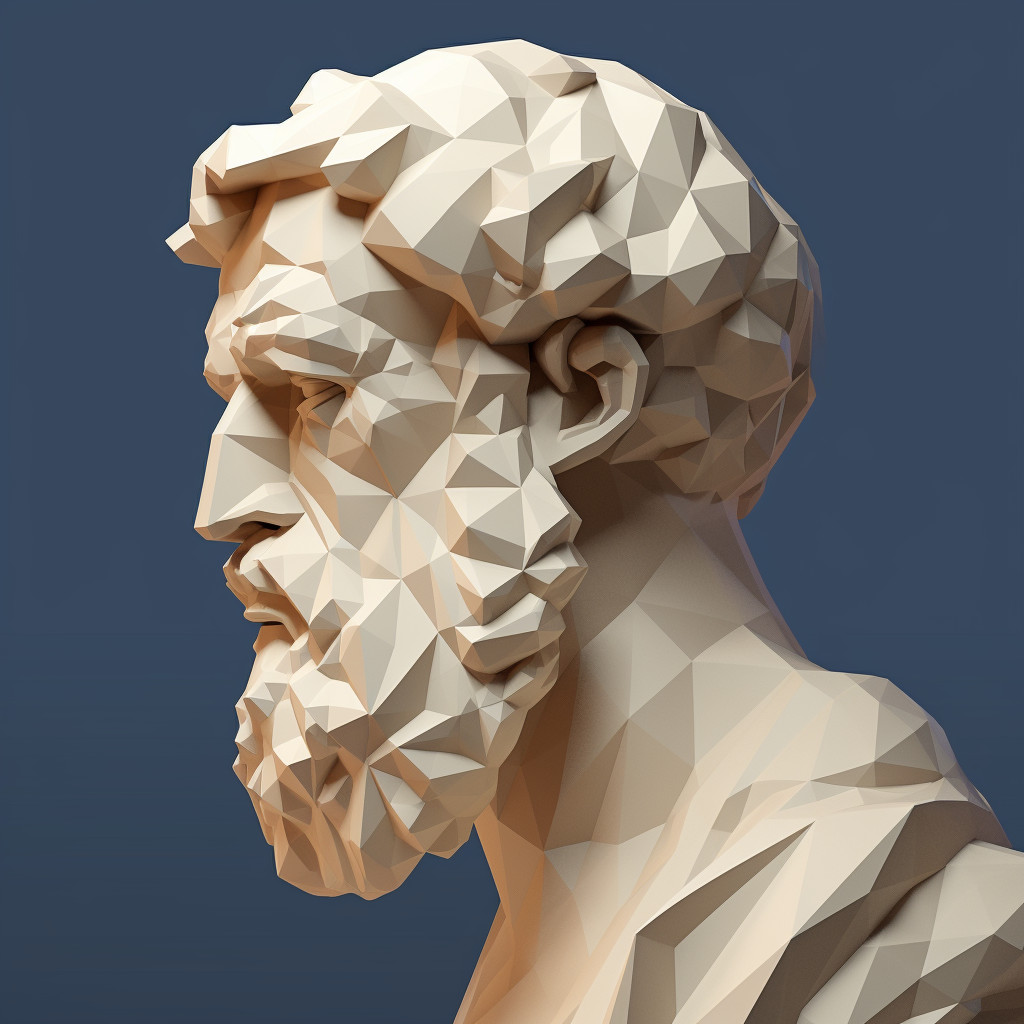This quote suggests that all actions, intentions, and pursuits are ultimately driven by a desire for what is good or beneficial. In other words, the fundamental motivation behind everything we do is the pursuit of some form of goodness, be it happiness, success, knowledge, or virtue.
The idea that “the good” is the ultimate goal provides a universal lens through which to understand human behavior. It suggests that even actions that seem harmful or negative are driven by a distorted or misguided perception of what is good. For instance, a person may commit a crime out of a mistaken belief that it will lead to a better life.
In today’s world, this concept can be applied in various fields such as psychology, ethics, and personal development. In psychology, understanding that people are motivated by their perception of what is good can help in developing treatments and interventions. In ethics, it provides a basis for determining right from wrong by asking what action leads to the greatest good.
In personal development, this idea can be used to guide decision-making and goal-setting. By recognizing that we are naturally inclined towards what we perceive as good, we can consciously direct our actions towards what is truly beneficial. This means identifying what is genuinely good for us in the long term, rather than being swayed by short-term pleasures or pressures. It also means developing virtues such as wisdom, courage, and self-control, which enable us to pursue the true good more effectively.
However, it’s important to remember that our perception of what is good can be flawed or limited. Therefore, we should continually strive to refine our understanding of the good, through education, introspection, and dialogue with others.
In conclusion, the idea that all things aim at the good is a powerful tool for understanding human behavior and guiding our personal growth. It challenges us to identify what is truly good and to align our actions with this understanding.







